Floral & Smooth
Wakoucha Izumi from Sashima - Spring 2024 "Honoka" 20g
Wakoucha Izumi from Sashima - Spring 2024 "Honoka" 20g
The Lost Blossom
Couldn't load pickup availability
-
Taste Map Graphic:
- Aroma: 5/5 (Very Rich)
- Sweetness: 4/5 (Rich)
- Body: 3/5 (Mellow)
- Astringency: 1/5 (Gentle)
- Refreshment: 4/5 (Refreshing)
The Awakening of Izumi
In recent years, Japanese black tea, or wakocha, has seen a quiet renaissance in Japan, and I have tried many myself. Even so, the shock of encountering this particular cup is something I will never forget. It is made from the "Lost Cultivar," Izumi, awakened from its long slumber by Yoshida Chaen in Sashima, Ibaraki. I was breathless at its overwhelmingly gentle taste and the brilliant aroma that rose from the glass.
To find a black tea with such a distinct personality in Japan, a nation of green tea, was a true surprise. It is different from overseas black teas; its tannins are surprisingly soft, with a character that is somehow reminiscent of high-grade sencha. I was reminded anew that this is the special charm that Japanese black tea holds. This moving flavor is born from the philosophy of Mr. Yoshida, who has dedicated himself to honest tea-making for six generations, and the rare potential of a forgotten cultivar.
I sincerely hope you will enjoy this calm and soft taste. I am certain that its aroma, like the gentle warmth of a spring day, will richly color your moments.
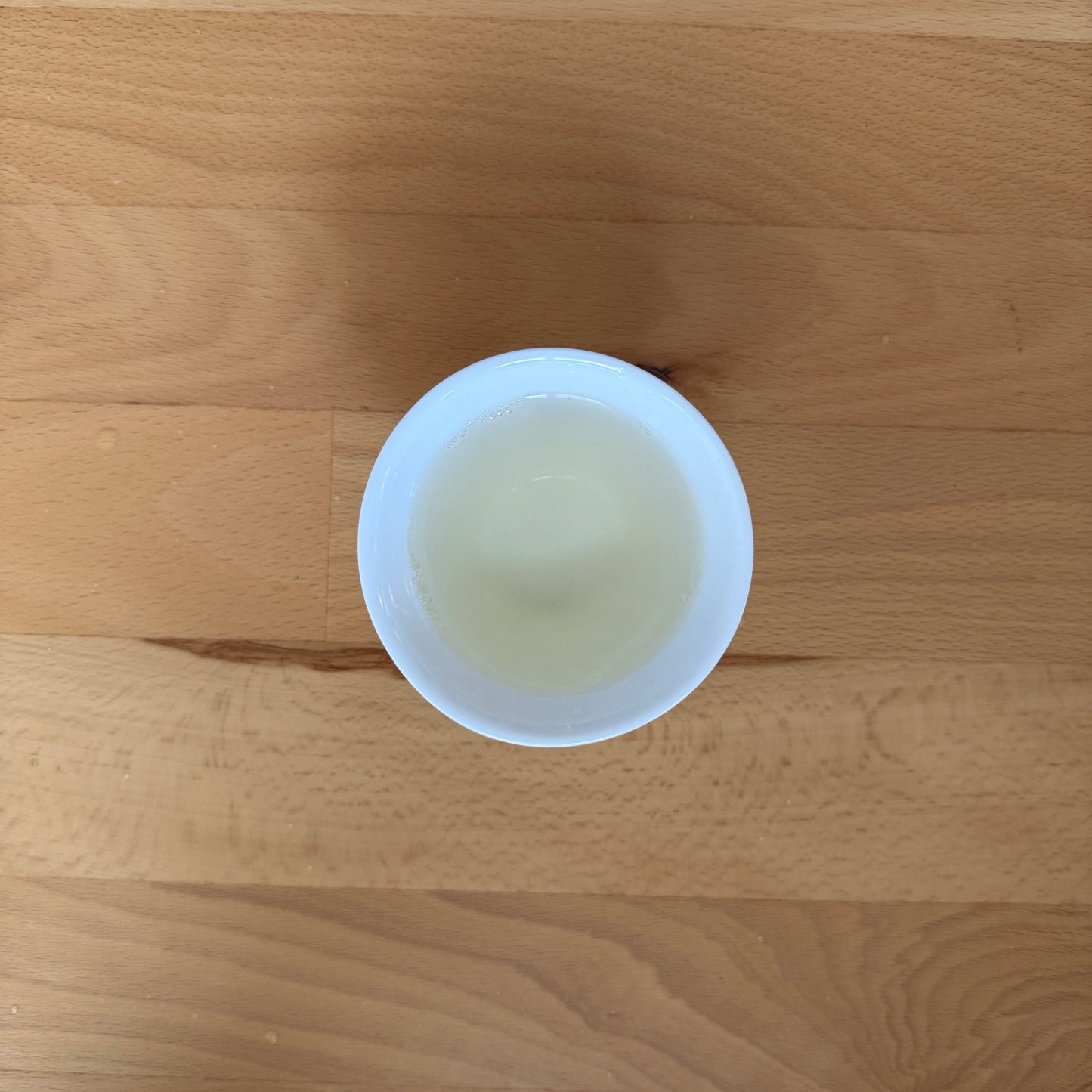
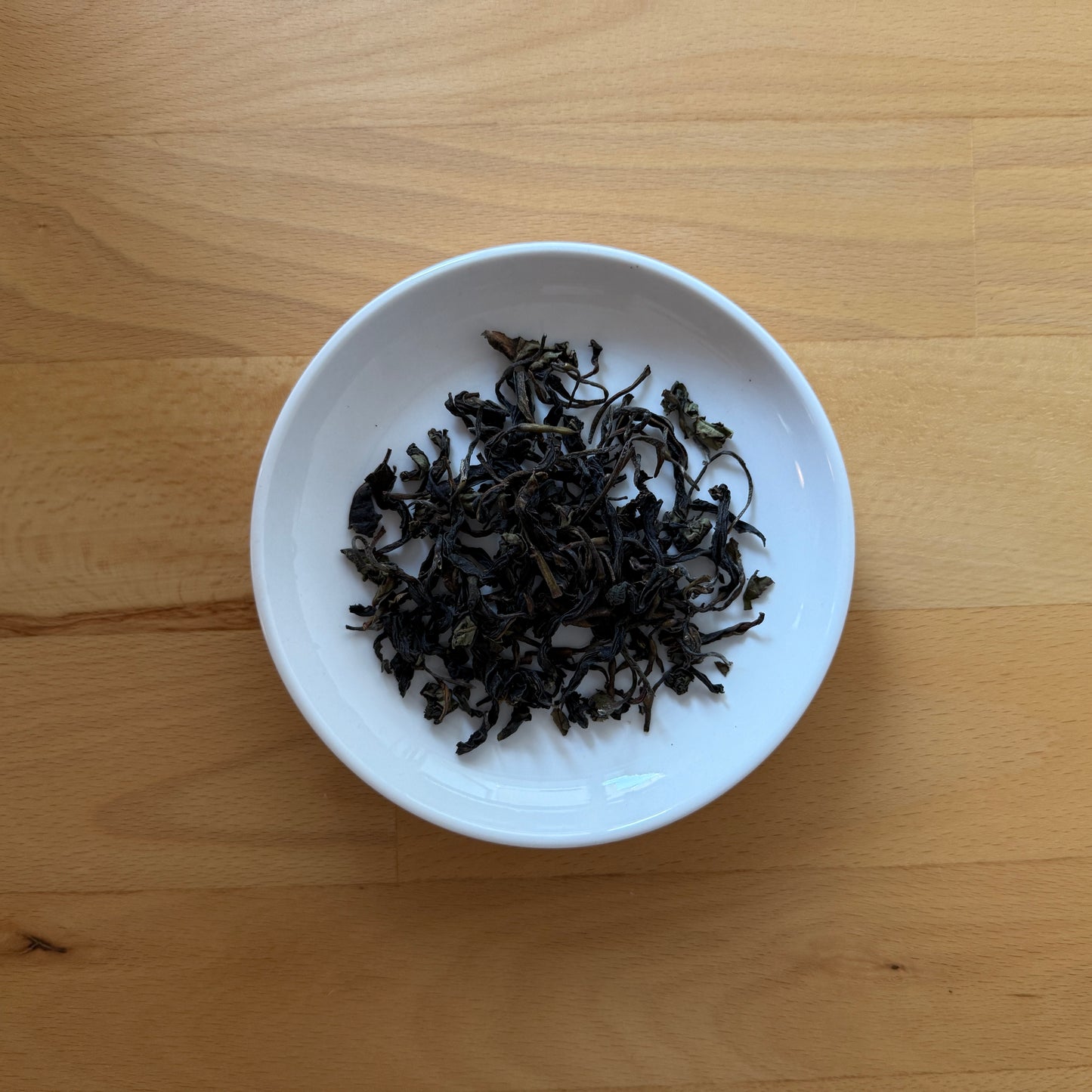
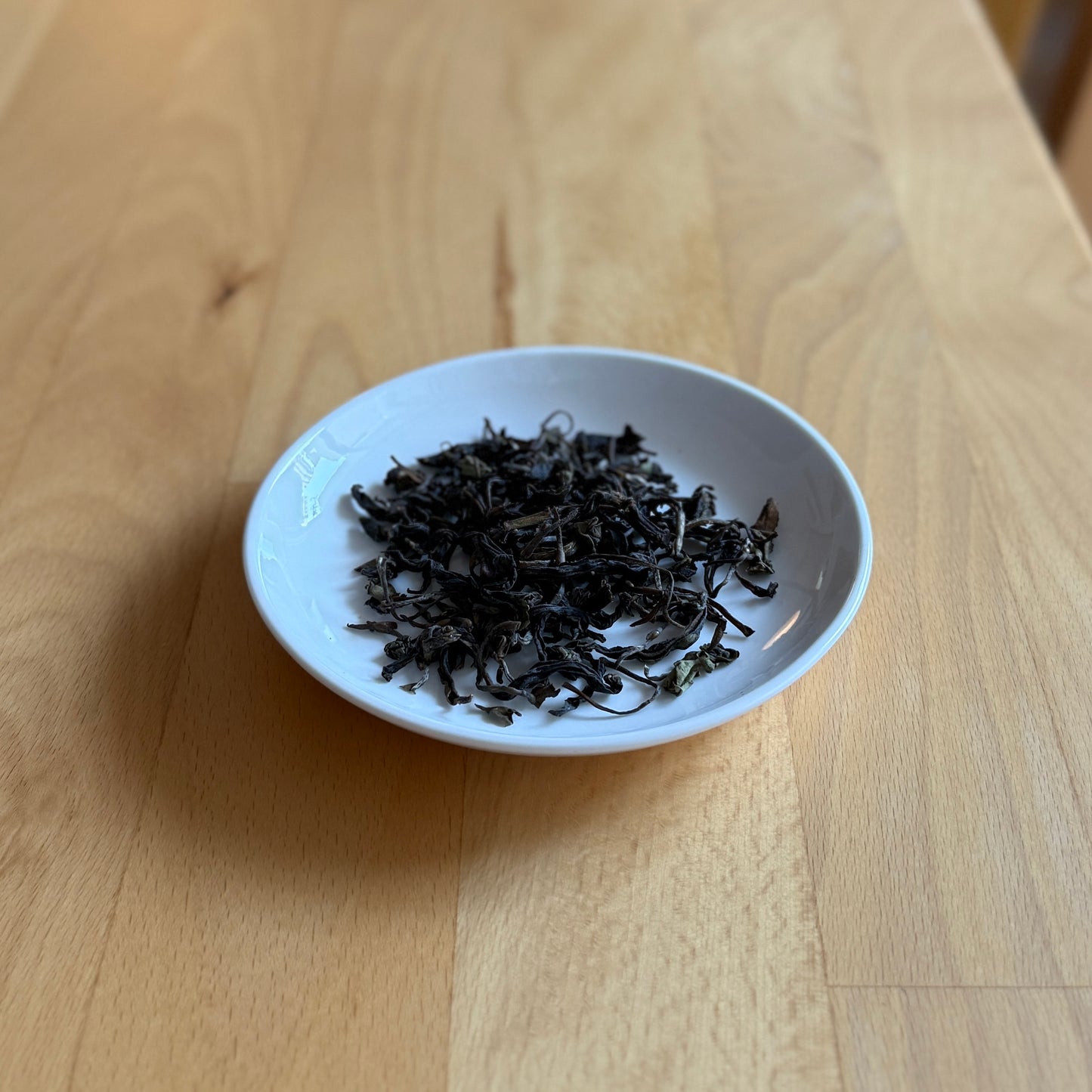
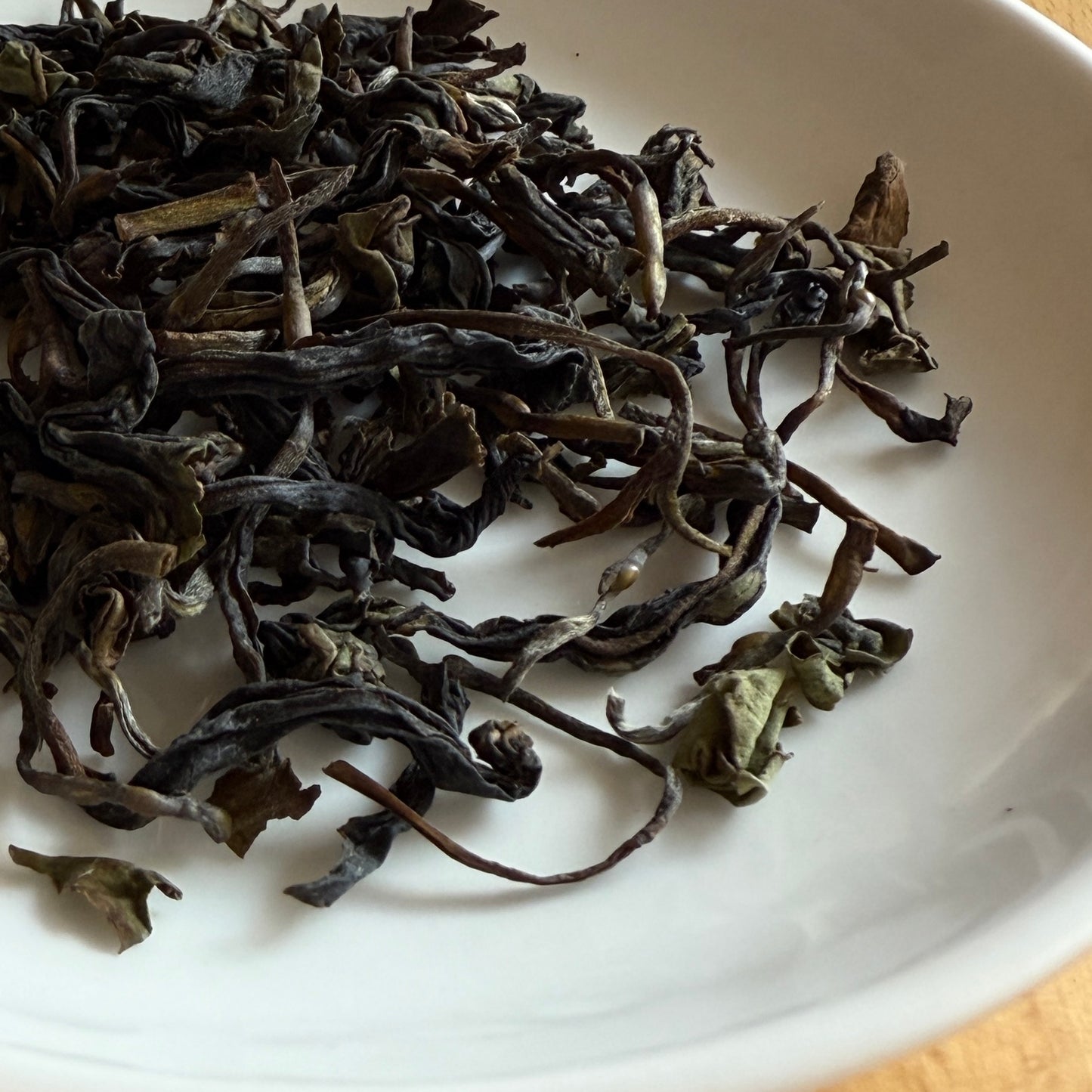
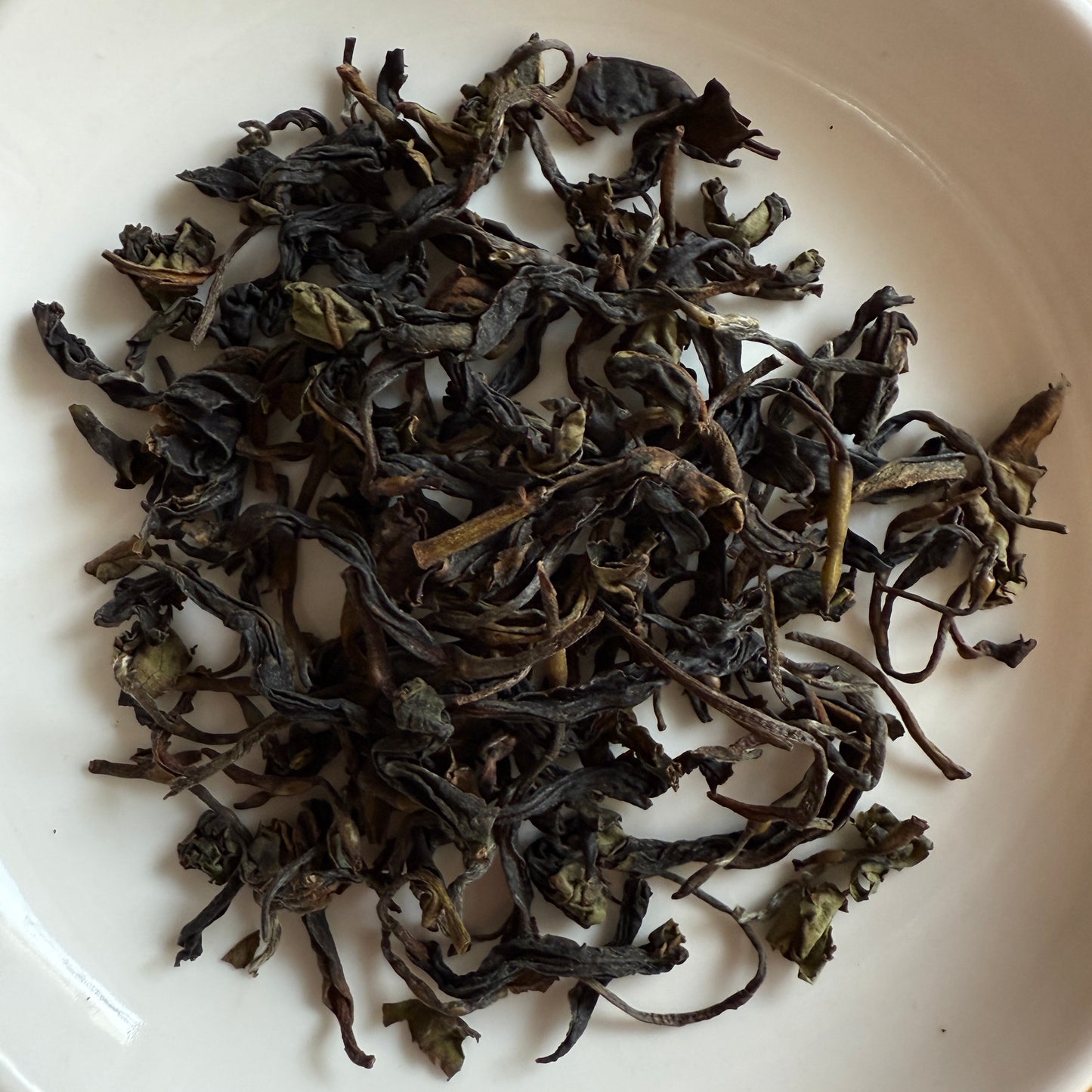
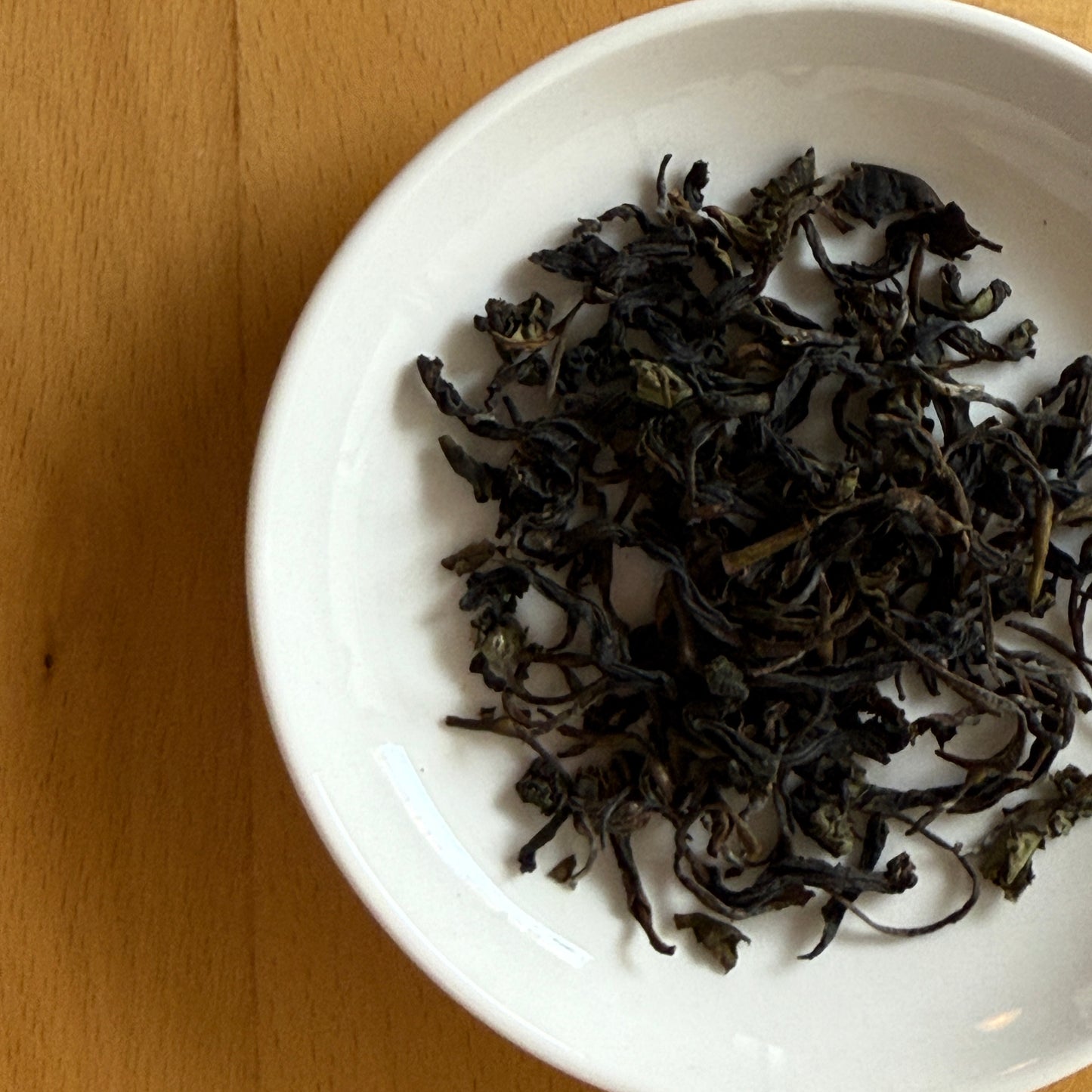
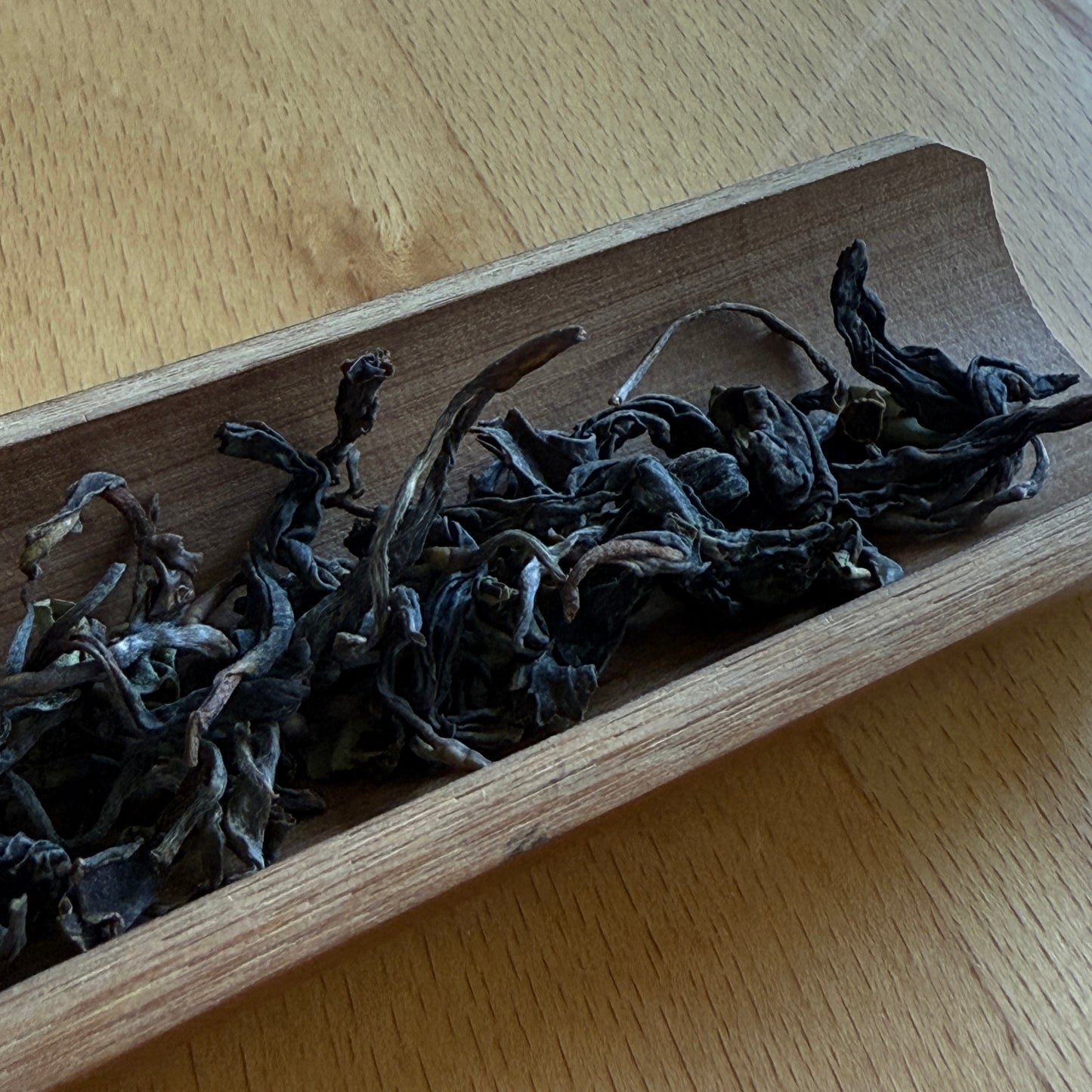
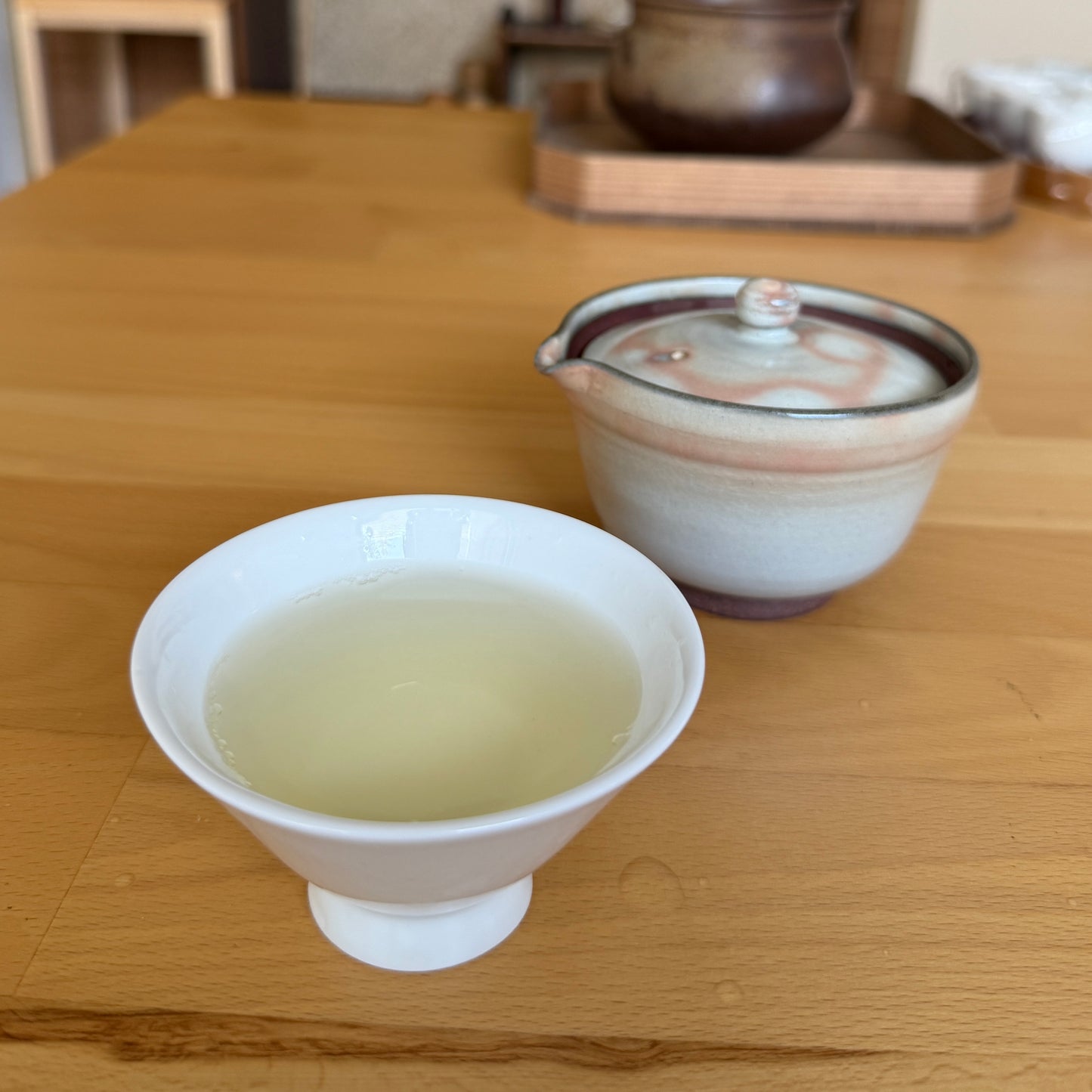
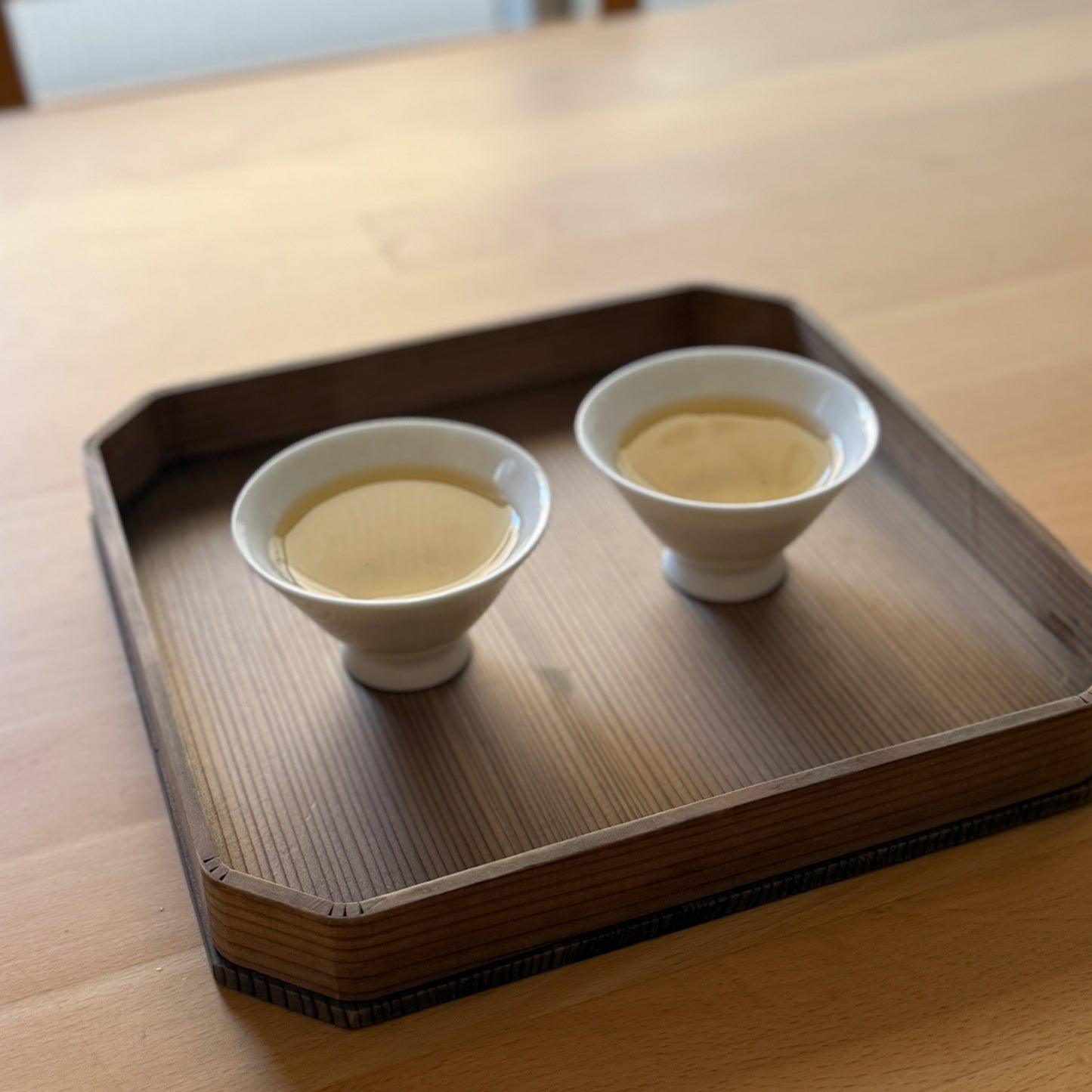
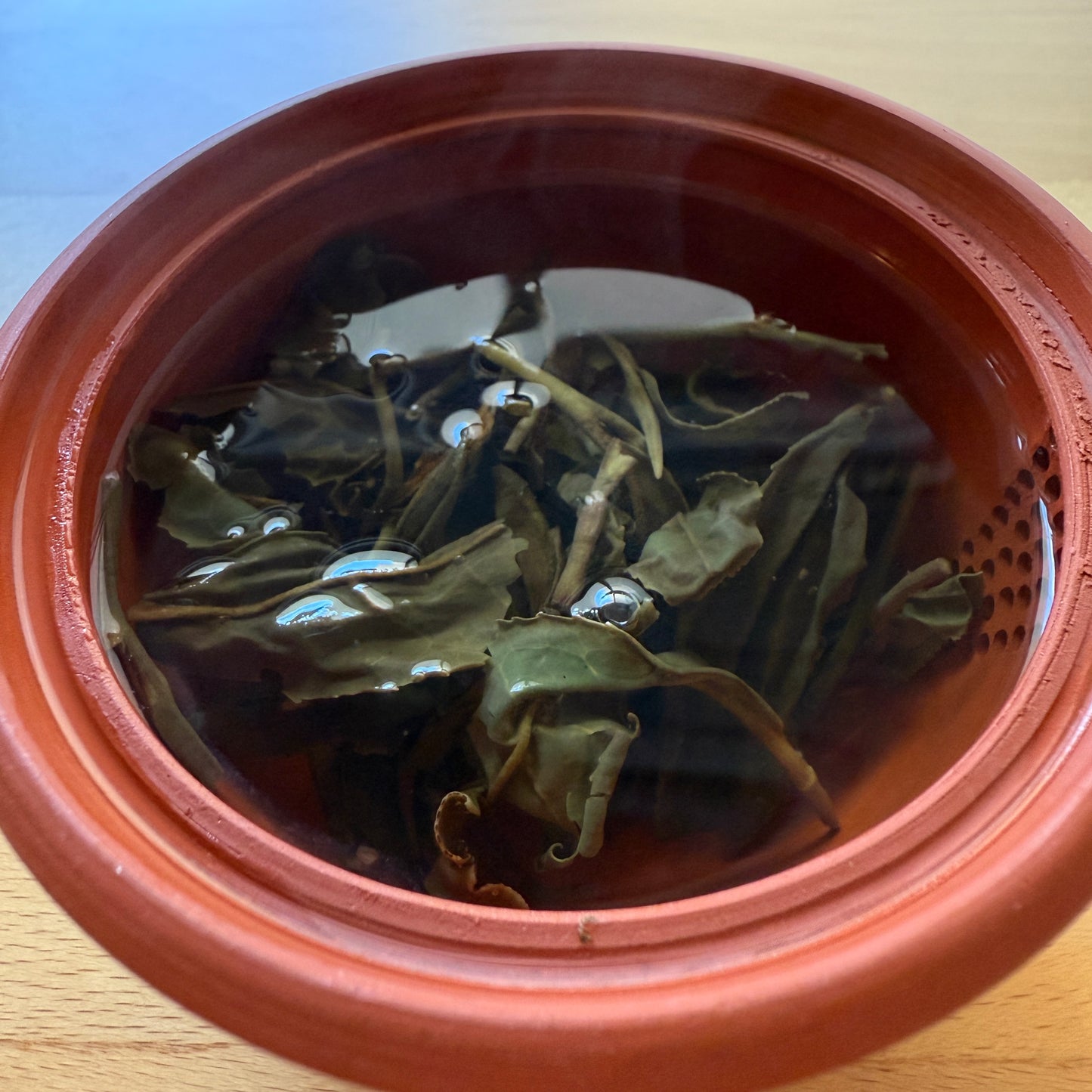
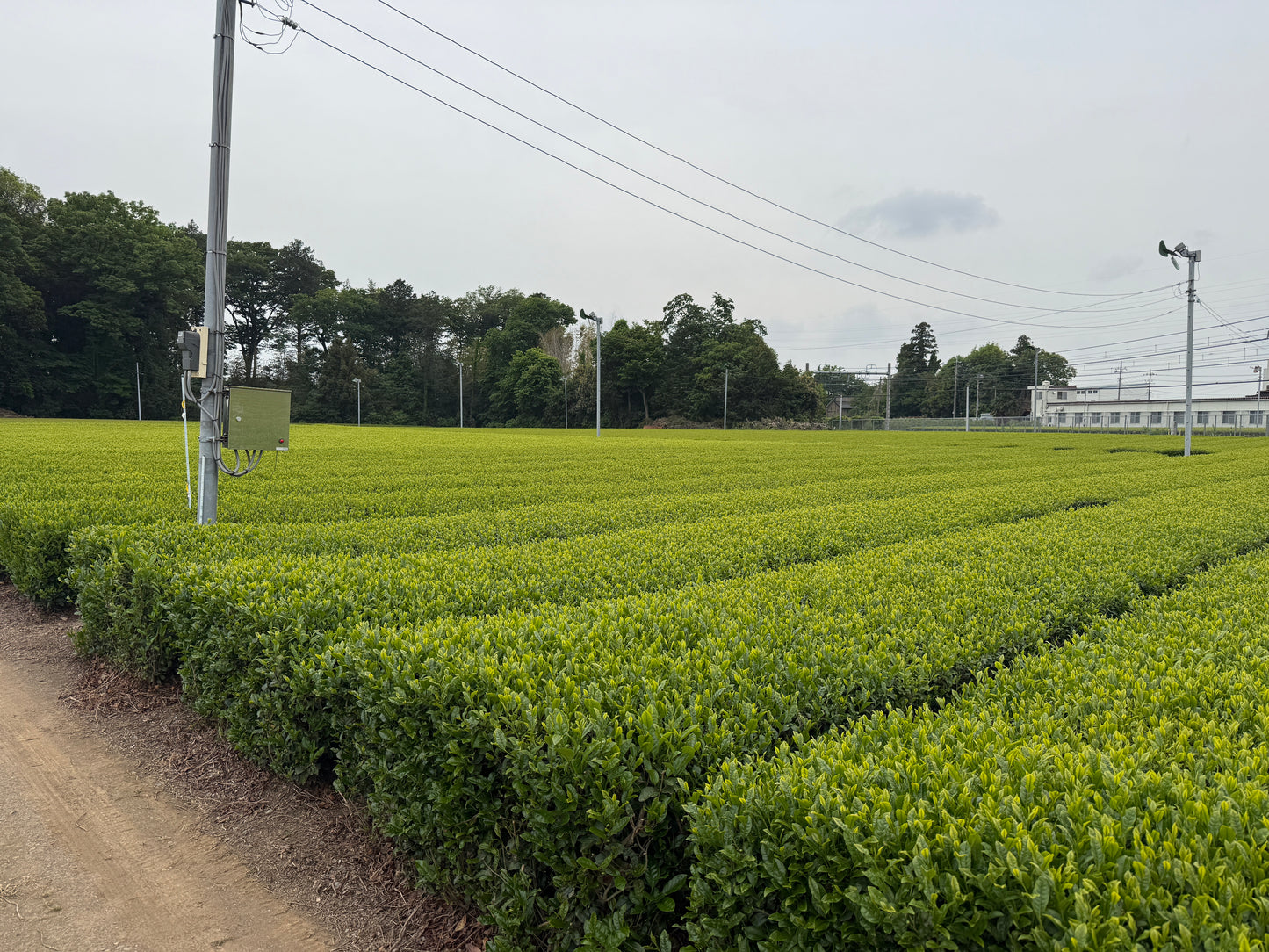
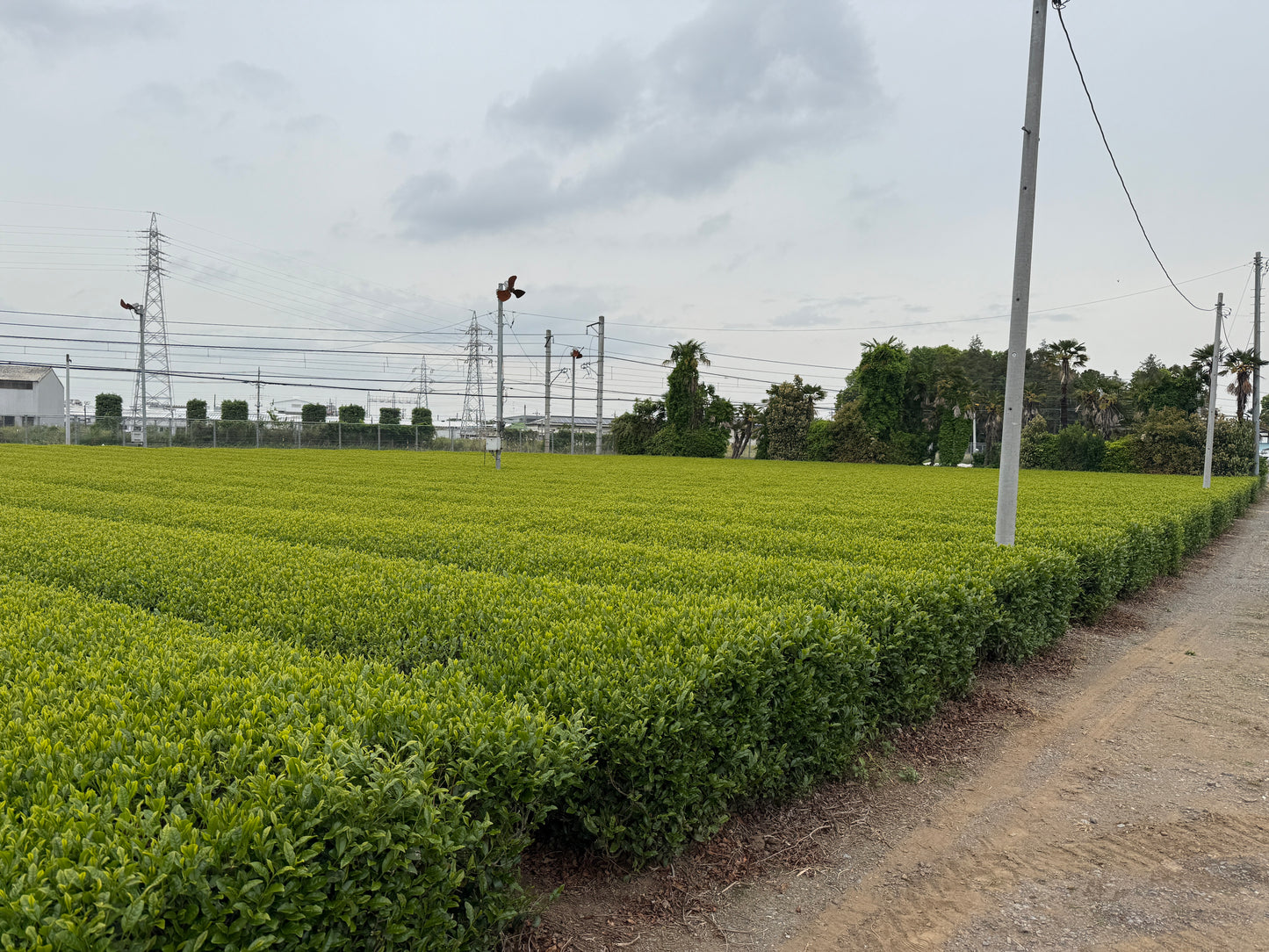
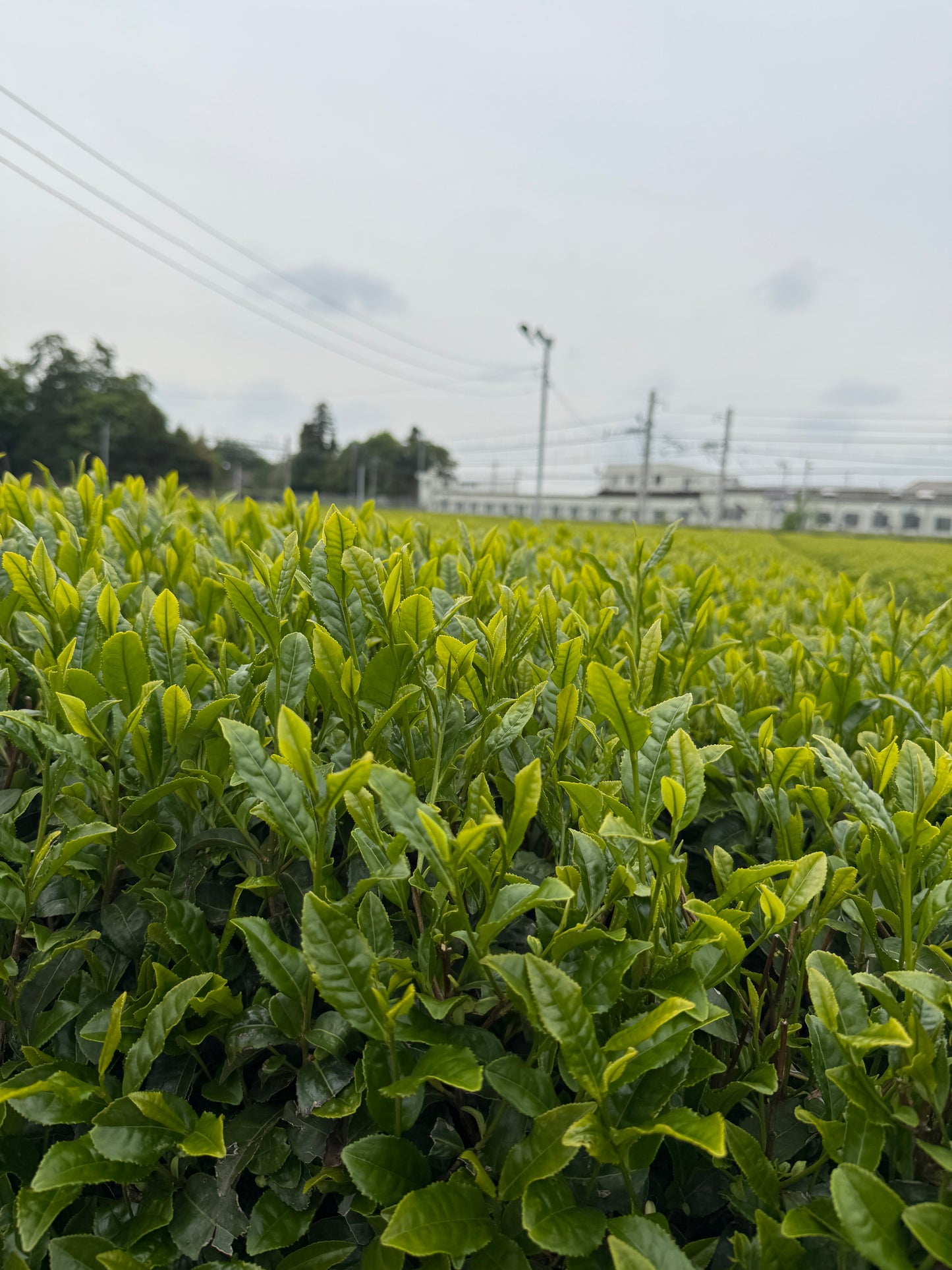
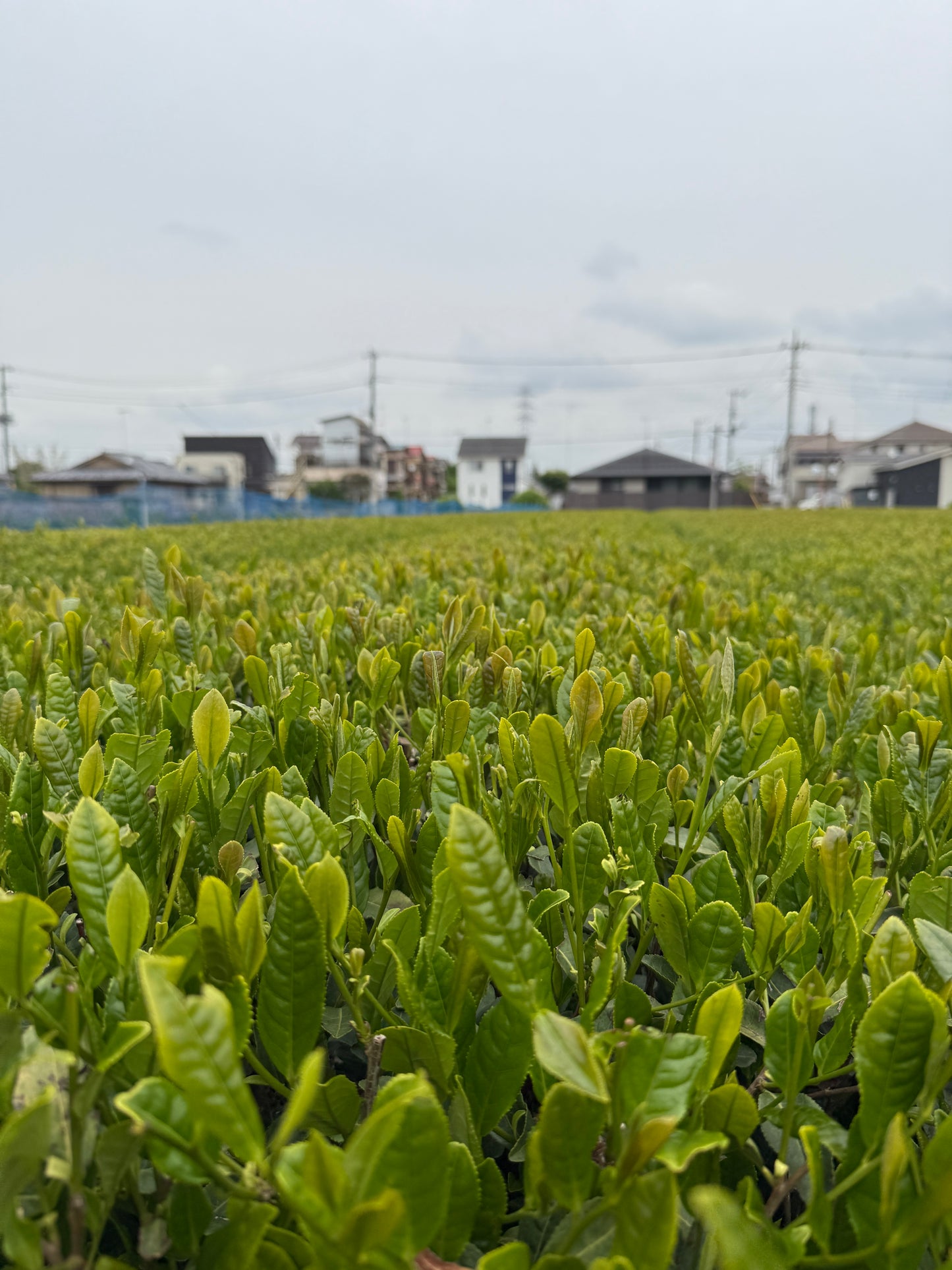
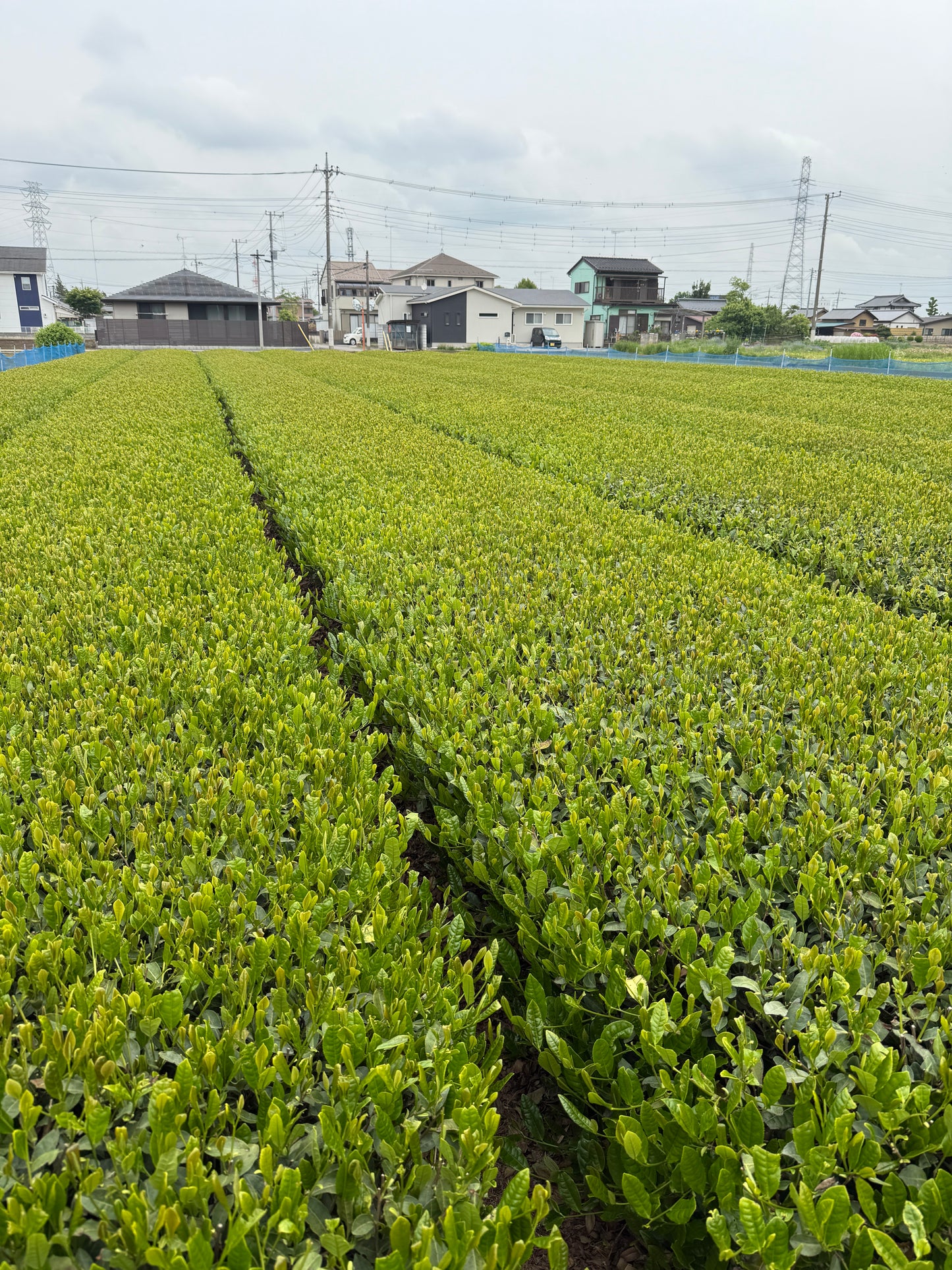
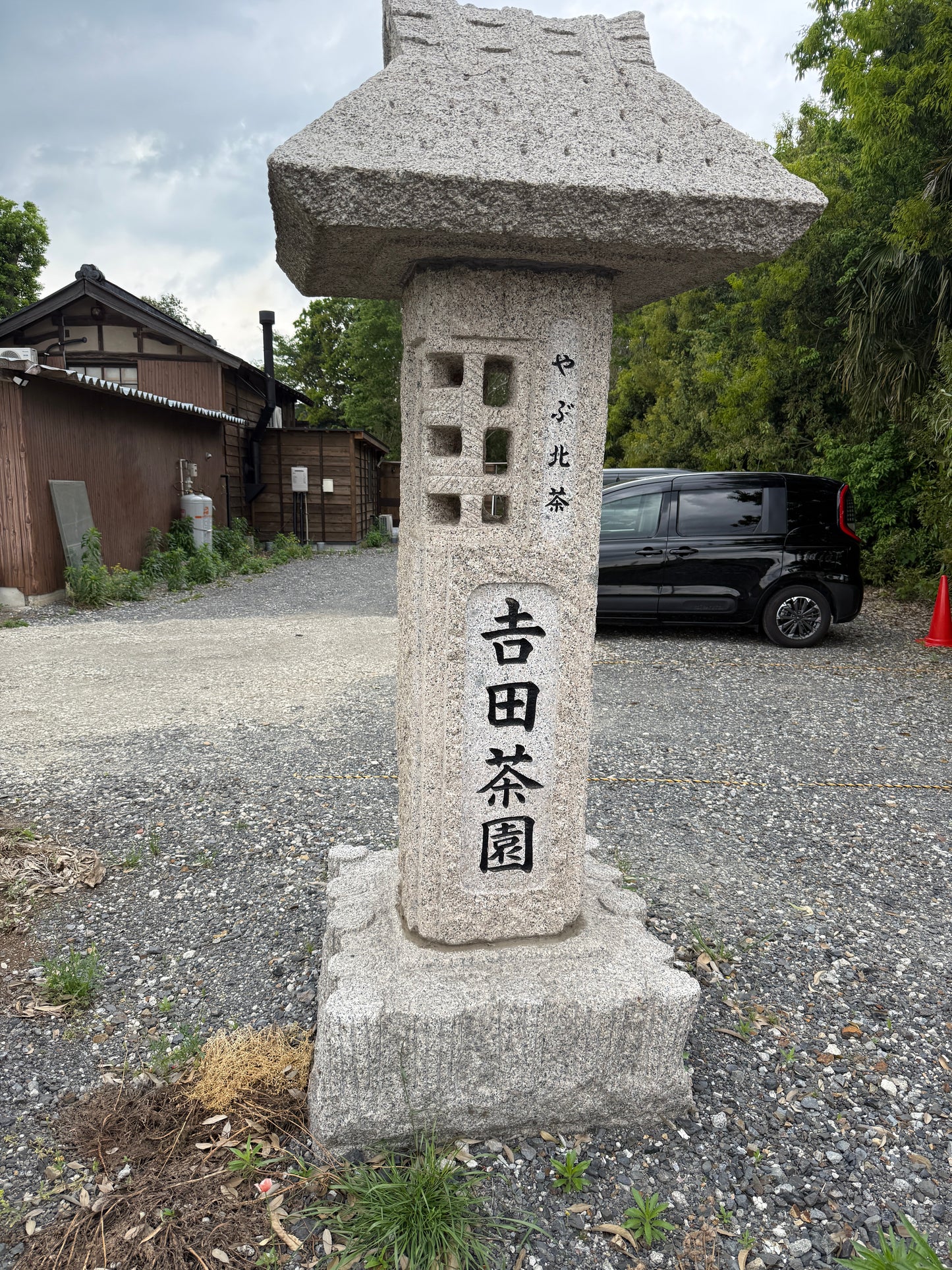
The story of its terroir, taste, and tradition
The Tea's Résumé
The Name of This Tea is "Honoka"
We named this Japanese black tea "Honoka."
This is because the name itself embodies the character of this tea: it does not shout, but rather, quietly emanates its fragrance from within. When poured, a sweet and brilliant aroma of spring flowers rises from the glass. Yet, it is never overpowering, but always "subtly" (the meaning of honoka) stays with you.
The name also evokes the "subtle" traces of a nostalgic memory, held within the once-lost cultivar, 'Izumi.' And it speaks to the "subtle" sweetness of its flavor, which is low in astringency and gently envelops the palate. We invite you to enjoy the elegant and rich personality hidden within this cup, along with its name.
Terrior of Sashima and the producer
The Origin & Producer
Origin: Sashima, Ibaraki Prefecture
A historic tea-producing region with the distinction of being the first to export Japanese tea to the United States in 1859. The fertile soil brought by the Tone River and the harsh winters cultivate robust, flavorful tea leaves. Sashima is home to many farmers who manage the entire process from cultivation to sales, and their honest approach to tea-making continues to this day.

Producer: Mr. Masahiro Yoshida, Yoshida Chaen
The 6th generation owner of Yoshida Chaen, a historic tea garden founded in 1839. He is one of Japan's leading producers of Japanese black tea, having won numerous awards at domestic and international competitions. With a motto that "delicious tea comes from a good field," he focuses on soil cultivation using mainly organic fertilizers.
I had the chance to visit the tea garden just as the tea-making season was underway. From picking and fermentation to the final finishing, every step of the process was filled with a breathtaking level of meticulous care. While many details are trade secrets, what struck me most was how Mr. Yoshida worked with his machinery as if he were making the tea by hand. Many tea farms in Japan are family-run and rely on excellent machinery. However, Mr. Yoshida constantly reads the condition of the leaves and the weather, making delicate adjustments to the machines. It was as if he was commanding the equipment as an extension of his own hands. I am convinced that this final, subtle difference is what defines the gentle taste of this wakocha.

About the Lost Cultivar, 'Izumi'

'Izumi' is an extremely rare cultivar known as a "Lost Cultivar" because it was once developed for export as a pan-fired green tea, but production ceased with the changing times, causing it to disappear from the world of tea. It is a descendant of the 'Benihomare' black tea cultivar and held a rare potential for fermentation.
Its most defining characteristic is a spectacular floral brilliance, unlike any other cultivar. It has a floral scent like blooming spring flowers, and a sweet finish reminiscent of milk. Extremely low astringency, a soft mouthfeel, and a sweet richness gently support its unique aroma. At Yoshida Chaen, they believed in the potential of this "diamond in the rough" and spent many years bringing it back to life for the modern era.
Taste Profile

-
Aroma:
-
A floral scent of white flowers in a spring field, lilac, and sweet pea.
-
A sweet richness of candy and wasanbon sugar in the background.
-
-
Palate:
-
A round, soft mouthfeel with surprisingly little tannin.
-
A light but centered sweetness and umami that spreads gently on the tongue.
-
An impeccably clean liquid with no off-flavors.
-
-
Finish:
-
A long, pleasant finish with a sweet aroma that lingers.
-
A refreshing and crisp aftertaste.
-
How to Brew - Honoka
For two servings:
-
Tea Amount: 2.5g
-
Water: 150ml of boiling water (100°C / 212°F)
-
Steeping Time: 4 minutes
-
Pro Tip:
-
Pre-warming your teapot and cup will further enhance the aroma.
-
Enjoy up to three or four infusions, steep for a little longer to enjoy a different, greenish, and refreshing flavor profile.
-
FAQ
Q. How soon will my order be shipped?
A. We typically ship orders within 2-3 business days. In the rare event that an item is out of stock, it may take longer. If that happens, we will contact you directly to discuss the options.
Q. What is your return policy?
A. Due to the perishable nature of our products and for international shipping reasons, we generally cannot accept returns. However, we take the utmost care in ensuring the quality of our tea. If you feel the quality has been compromised in any way, please contact us. We will be happy to send you a replacement.
Q. Is this tea organic?
A. This tea is not certified organic. However, it is crafted in compliance with Japan's rigorous standards for pesticide use. It is a product that is safely enjoyed throughout Japan, with no reported health issues, ensuring it is both safe and of high quality.
Q. Will I have to pay customs and import taxes?
A. Please be aware that customs duties or import taxes may be charged depending on the regulations of your country. Buyers are responsible for any customs and import taxes that may apply. We recommend contacting your local customs authority for details.
Q. Can I track my order?
A. Yes, tracking is available for all orders. Once your order has been shipped, you will receive a confirmation email containing your tracking number and a link to track your package.
Q. How much caffeine does this tea contain?
A. Yes, like all green tea, this sencha contains caffeine. It has approximately 30mg per cup, which is about one-third of the amount in a typical cup of coffee. It is also rich in L-theanine, an amino acid known for its calming and focusing effects, which provides a state of smooth, alert relaxation.
Q. How should I store the tea?
A. To maintain its quality and freshness, please store your tea in a cool, dark place, away from high temperatures, humidity, and direct sunlight. Ensure the package is sealed tightly after each use. We recommend consuming the tea promptly after opening to enjoy its best aroma and flavor. Usually, matcha/secha's aroma and flavor will go down from 2 to 3 weeks.
Q. What payment methods do you accept?
A. We accept all major credit cards (Visa, MasterCard, American Express) as well as PayPal.


















